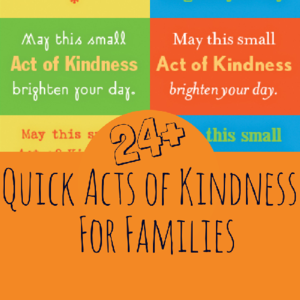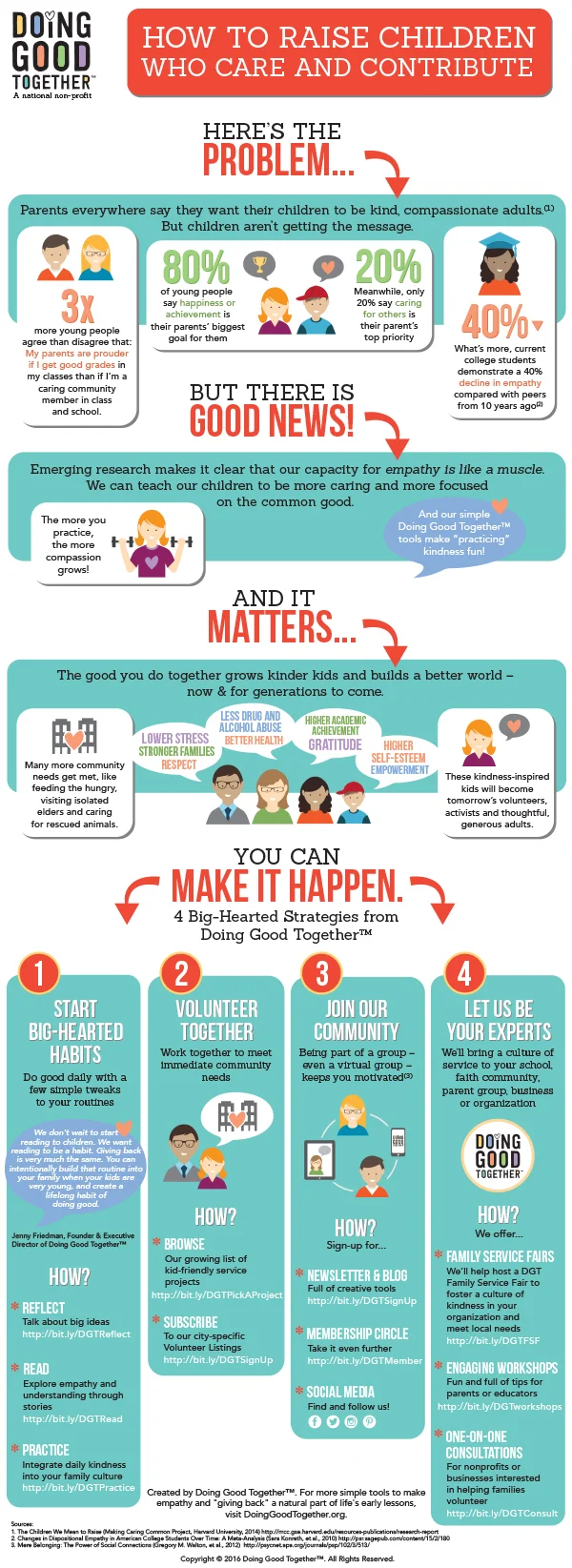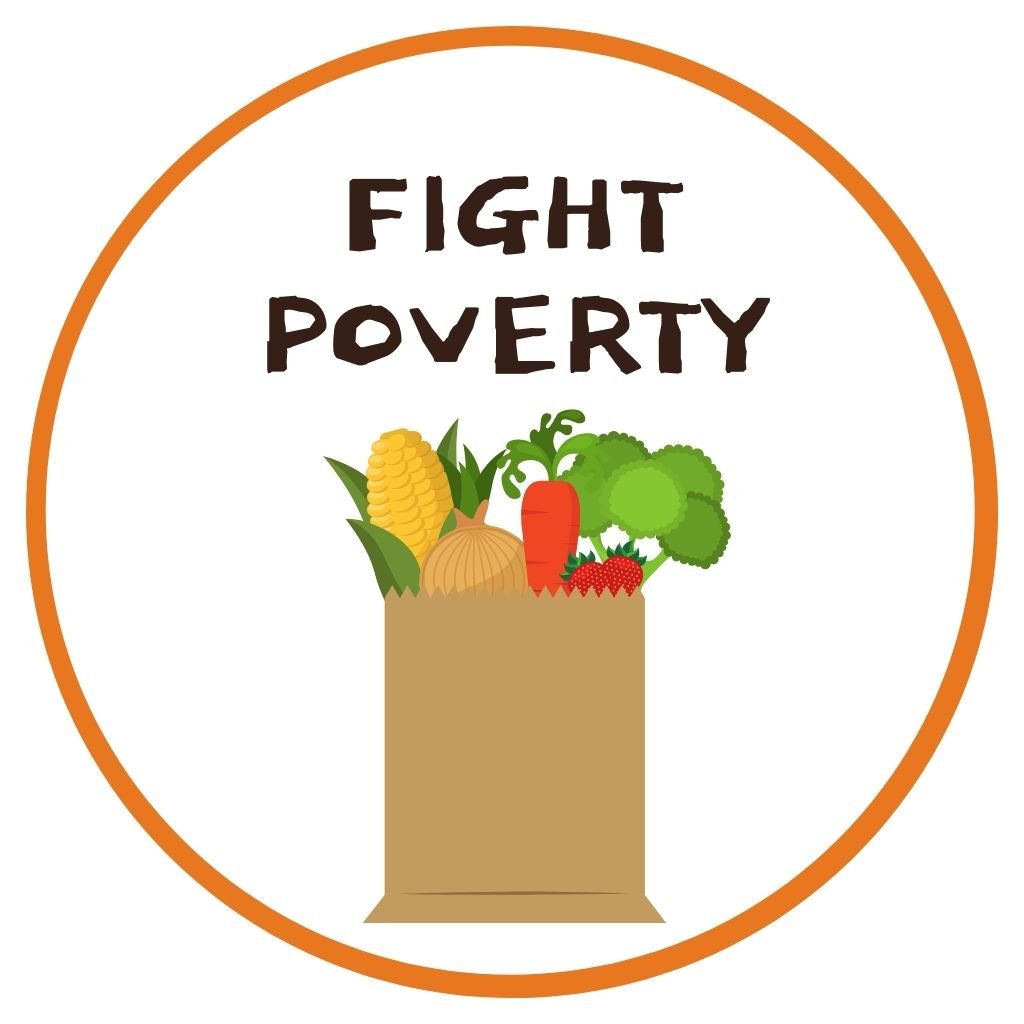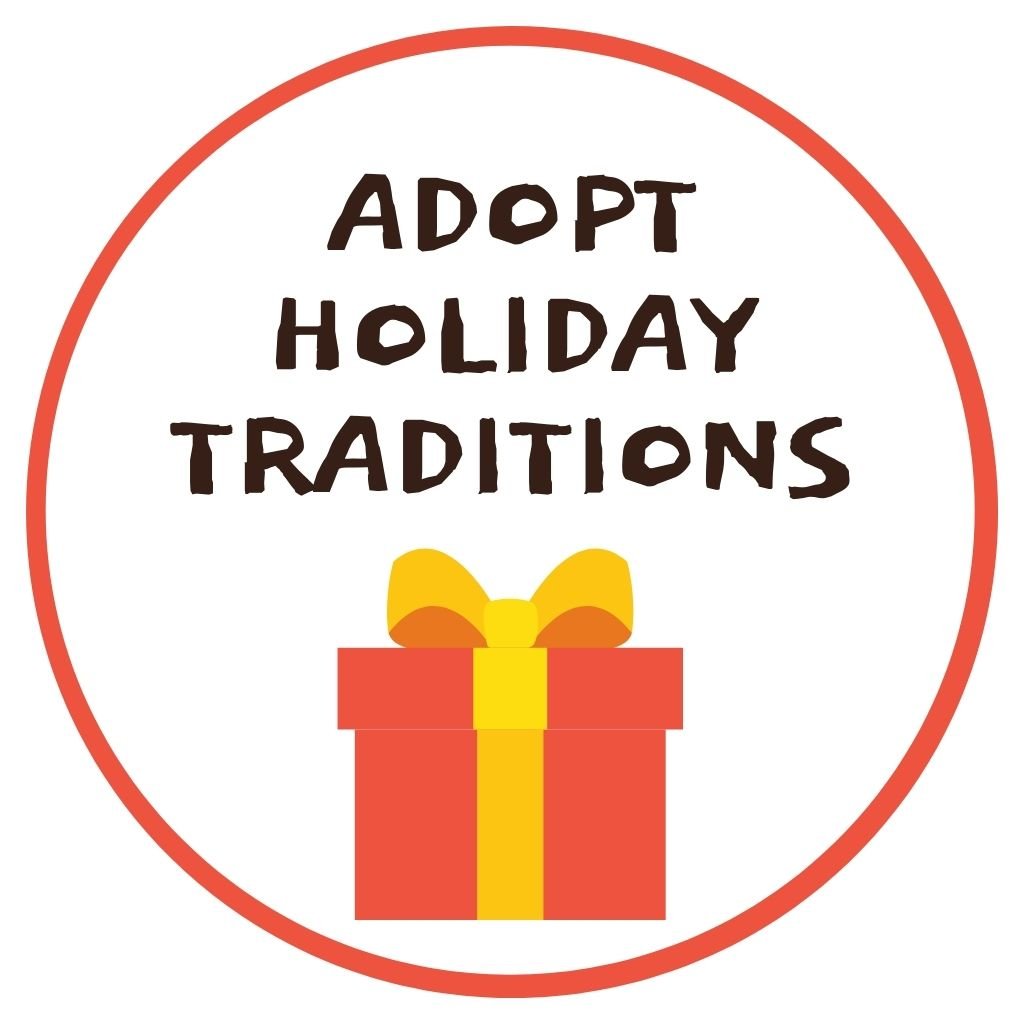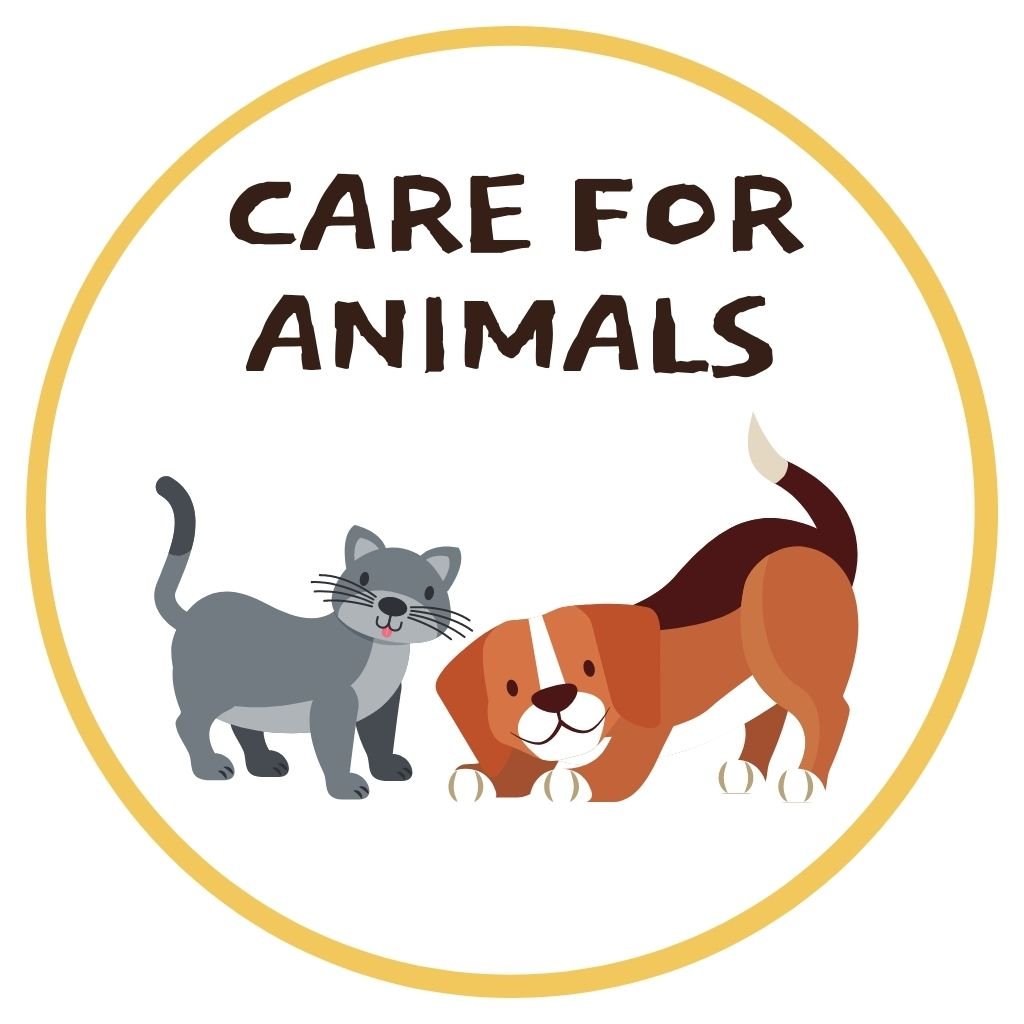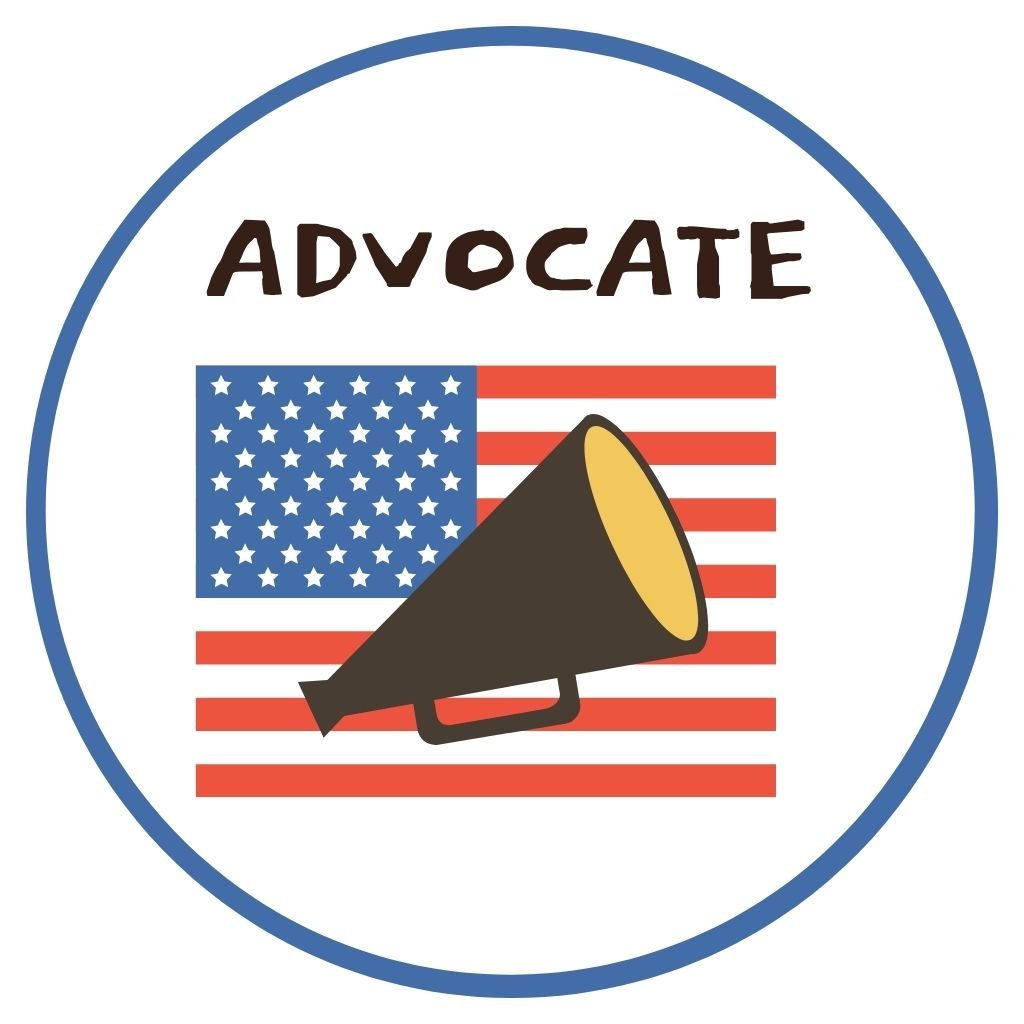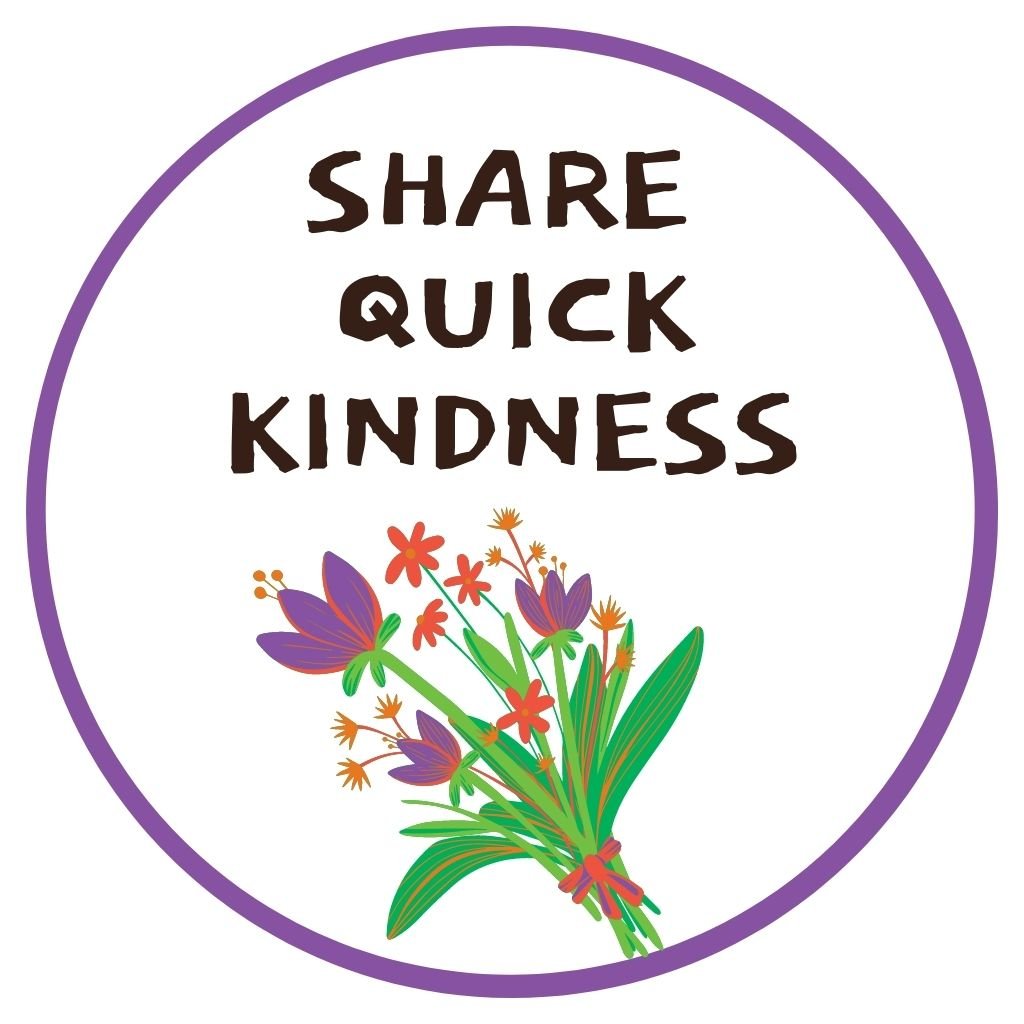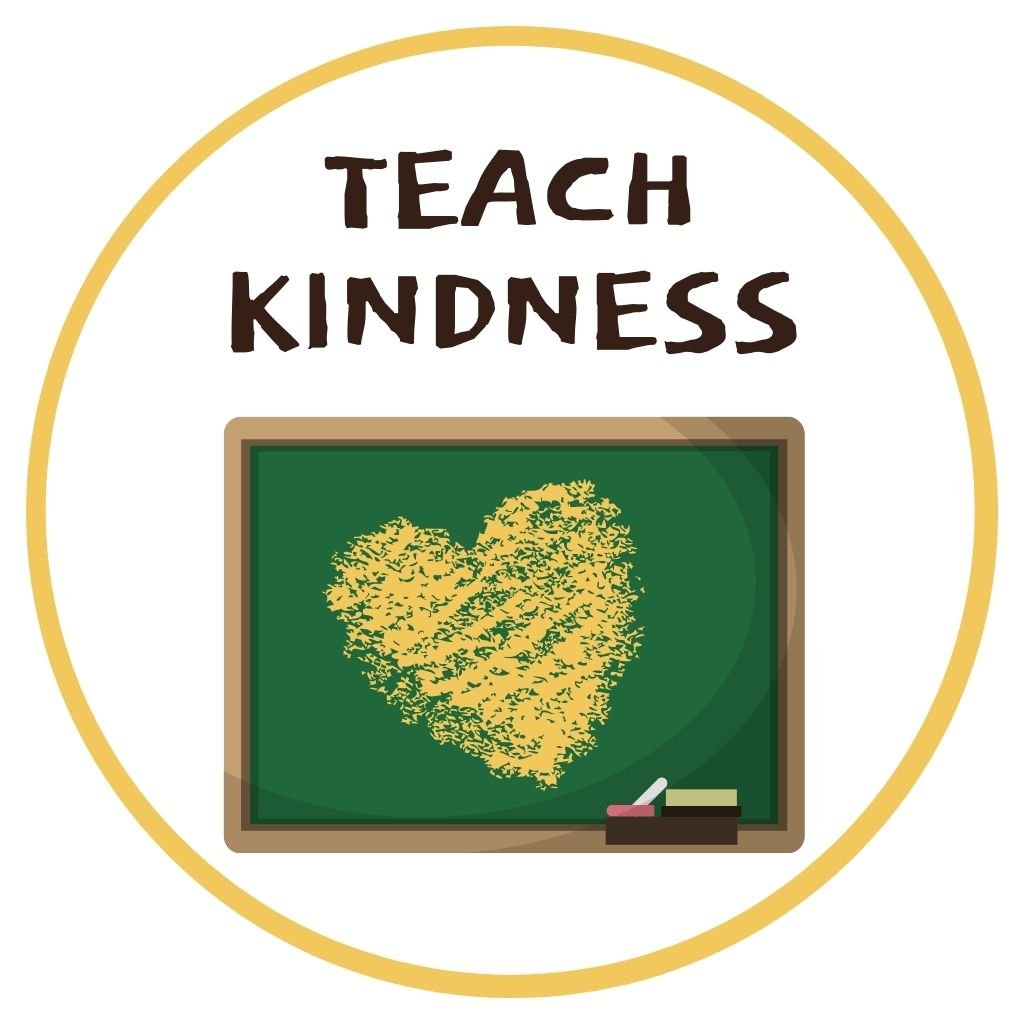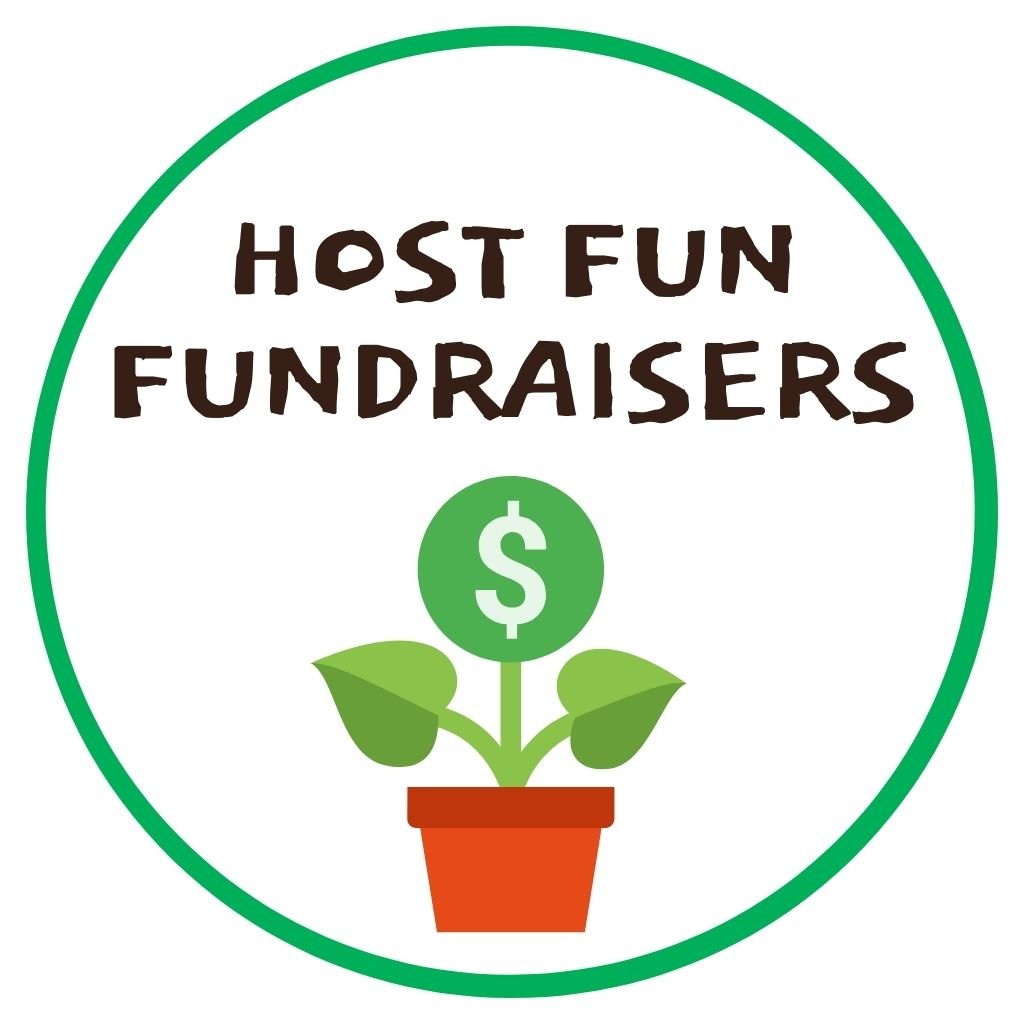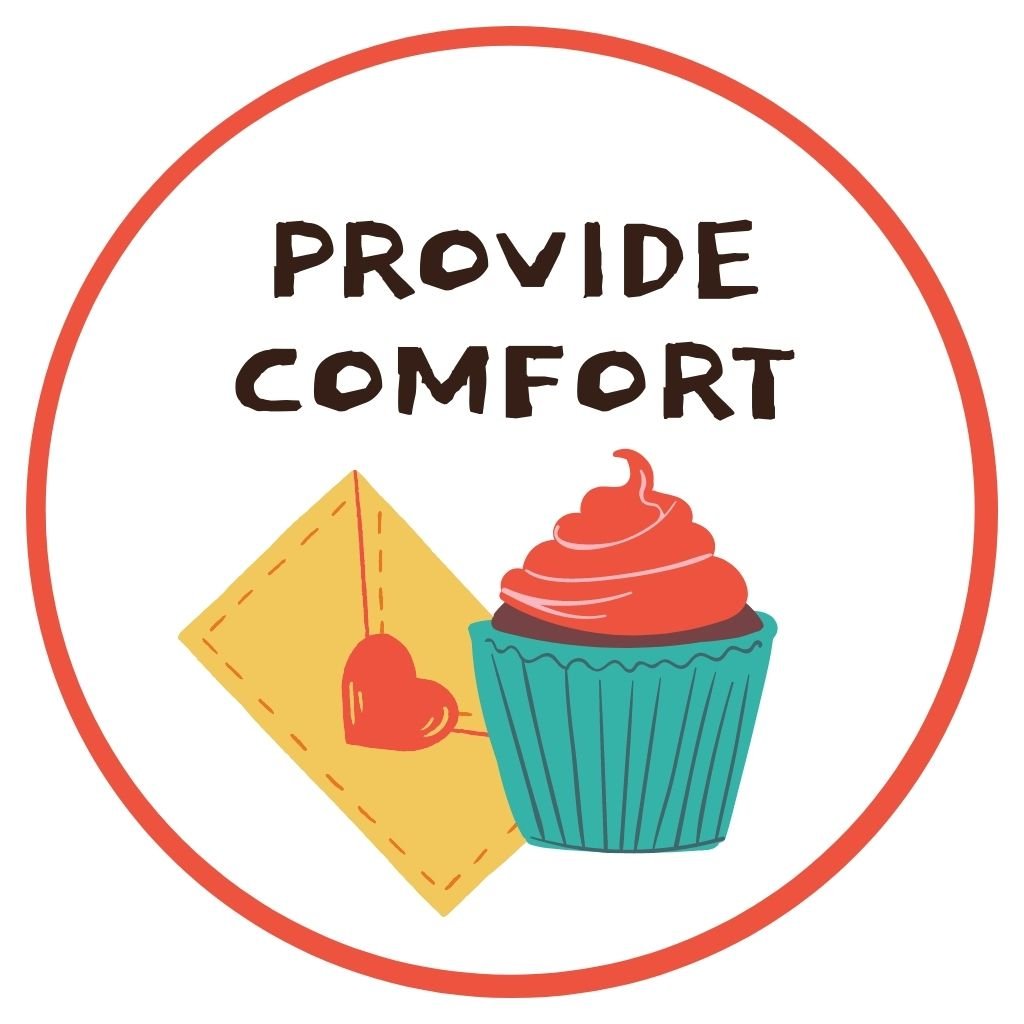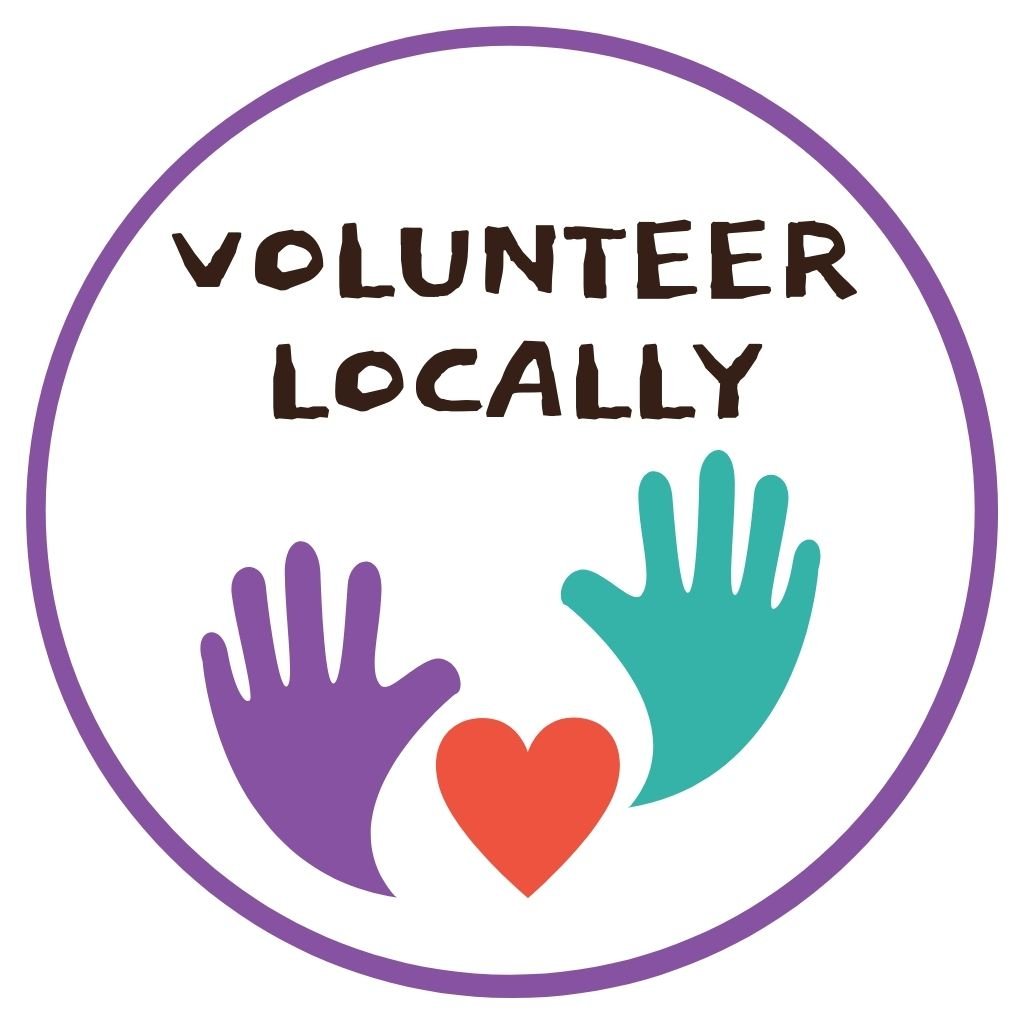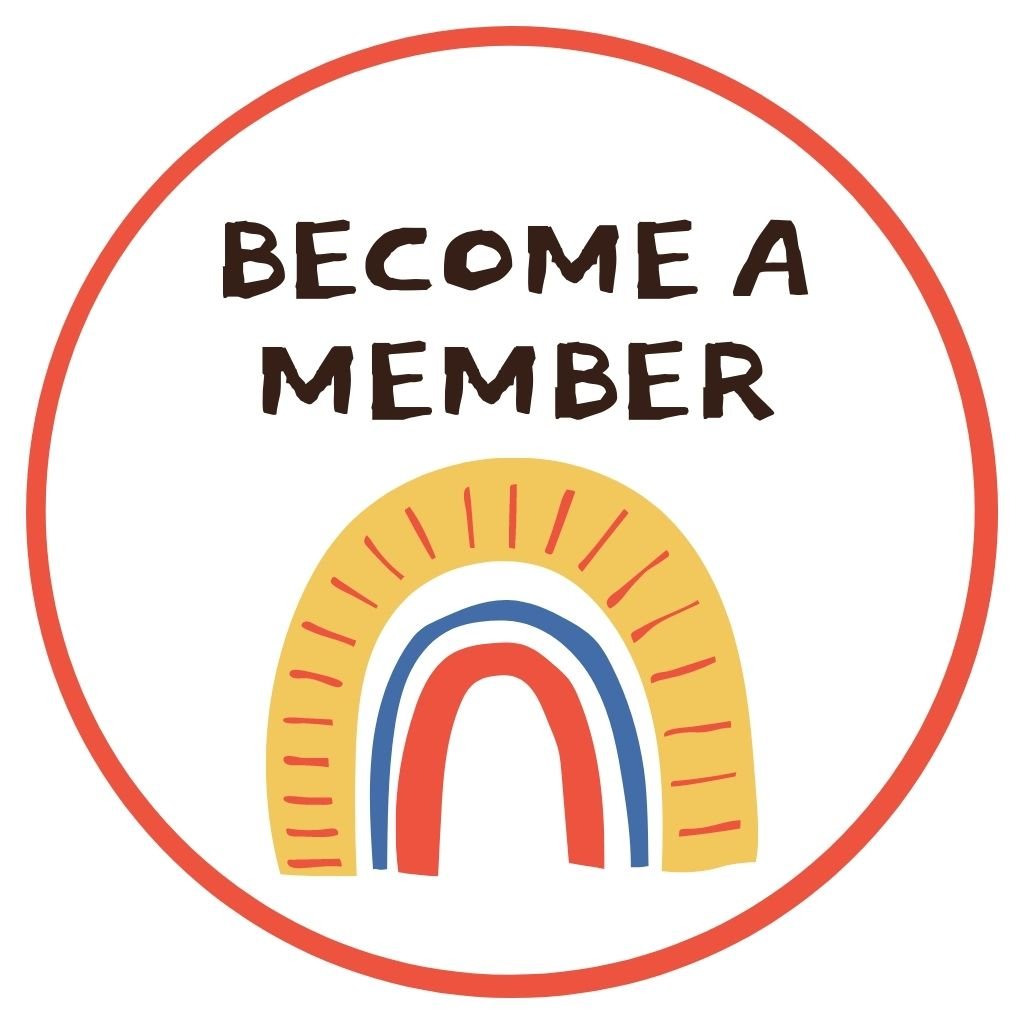The Important Impact of Community and Volunteering in Helping Children and Teens Navigate Life Transitions
The Important Impact of Community and Volunteering in Helping Children and Teens Navigate Life Transitions
By: Courtney Juvland, early childhood family educator
The shifting of seasons. The awakening of the world, from branch to bud to unfurled leaf, stretching its full expanse. Animals building new homes, moving trucks and sale signs indicating humans are doing likewise. The end of a school term–or an entire academic career. We have arrived at a time when change is evident everywhere we look.
As for myself, I am currently ushering one of my own children through high school graduation. This particular human, much like myself, is slow-to-warm to new things… not entirely resistant, but it takes us a while to recalibrate to shifting ground beneath us.
How do we help children and teens navigate what’s next?
Like many graduates, the immediate future is a bit hazy for my teen. The inevitable queries of acquaintances of “what’s next?” are not easily answered. This can be unnerving, especially for adolescents who crave stability. We can help scaffold an understanding of change and its role throughout lifetime with our children and teens before they reach this critical transition, though.
Psychologist and author Carl Pickhardt writes about four stages of change lessons:
1. Change creates information needs (middle childhood through middle school)
As parents, we can do our best to help our children navigate a world with new systems–remembering multi-class schedules, balancing activities, knowing who their go-to resources can be to meet those information needs.
2. Change can make you different, but you mostly remain the same (puberty)
Keeping the story of who our children/teens are and have always been will help them locate that grounding center of self amidst all the changes in their bodies.
3. Change is chancy (high school)
This phase comes with risks. Helping our children and teens reflect on their choices and outcomes when possible will support critical thinking and future decision making.
4. Change takes courage (launching into young adulthood)
Dr. Pickhardt recommends young people and their parents pose the question, “How would I choose to act if I were not feeling afraid?”
Using volunteering and kind practices to support kids through life transitions
Mental health experts also recommend helping young people build an understanding over time of what they can and can’t control. Bringing the focus to “how we treat other people; what activities we do the next day; what goals we have; who we spend time with; how hard we try to do the best we can” is something we can start in middle childhood to build a strong frame of reference in adolescence.
We might also guide our teens in “developing a response to the changes that have occurred in their life… a new daily routine, or finding time in their existing schedule for an activity that’s enjoyable or will give them new opportunities for personal development…activities they find relaxing and rewarding. This could include exercise, art or music, or getting involved in the community by volunteering.”
I couldn’t help but think about Doing Good Together and its core mission of empowering families to raise children who care and contribute while listening to my graduating senior and his teacher mentors at his school passage meeting. His school and other communities partnered with us to instill a sense of care and a spirit of helpfulness in him over the years.
His school has service hour requirements, but for us we always valued continual service and kindness above all. I can see he values it, too, just in the simple everyday interactions with others. I’m hopeful that he will carry that with him into the next phase, and that it will help him stay connected to himself and others while navigating uncertain times.
Looking for ways to volunteer with kids? Find family volunteer opportunities in your area.
So yes, it’s a flurry of party menu planning and last-minute class projects and moving preparations and a calendar that looks a bit of a nightmare…but as a mom, I am reminded to slow down and reflect on what is certain in the midst of a good deal of uncertainty–that this is a really good kid who is ready to meet the world with compassion. Perhaps that is my personal version of a change lesson.
If you like our free stuff, you’ll love our membership program!
Join today and we’ll help you keep kindness on your family calendar all year long, now with access to DGT’s popular member’s only e-books.
Browse our Pick-a-Project collection!
Disclaimer: Doing Good Together™ is a participant in the Amazon Services LLC Associates Program, an affiliate advertising program designed to provide a means for sites to earn advertising fees by advertising and linking to Amazon.com.
The recommendations we offer are based solely on our mission to empower parents to raise children who care and contribute.



